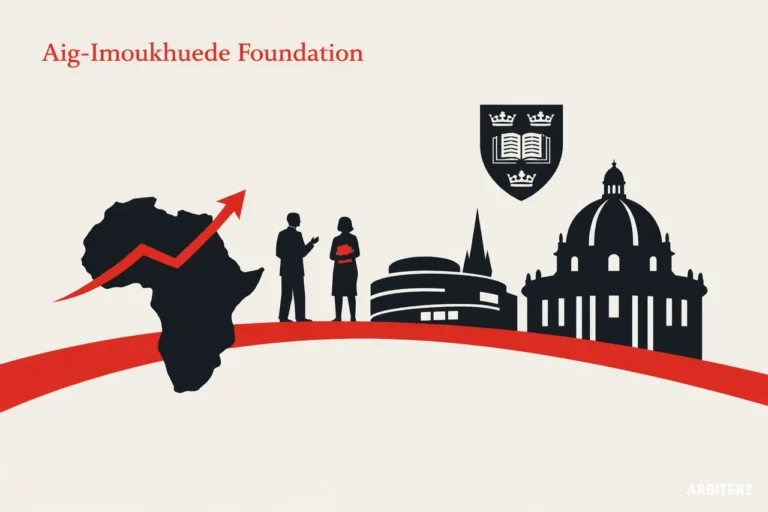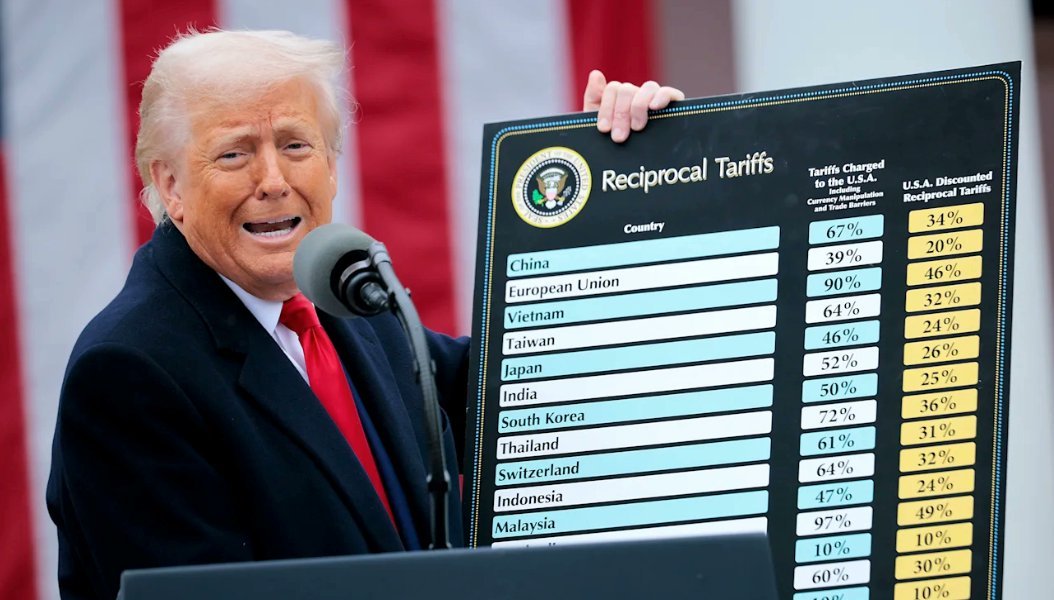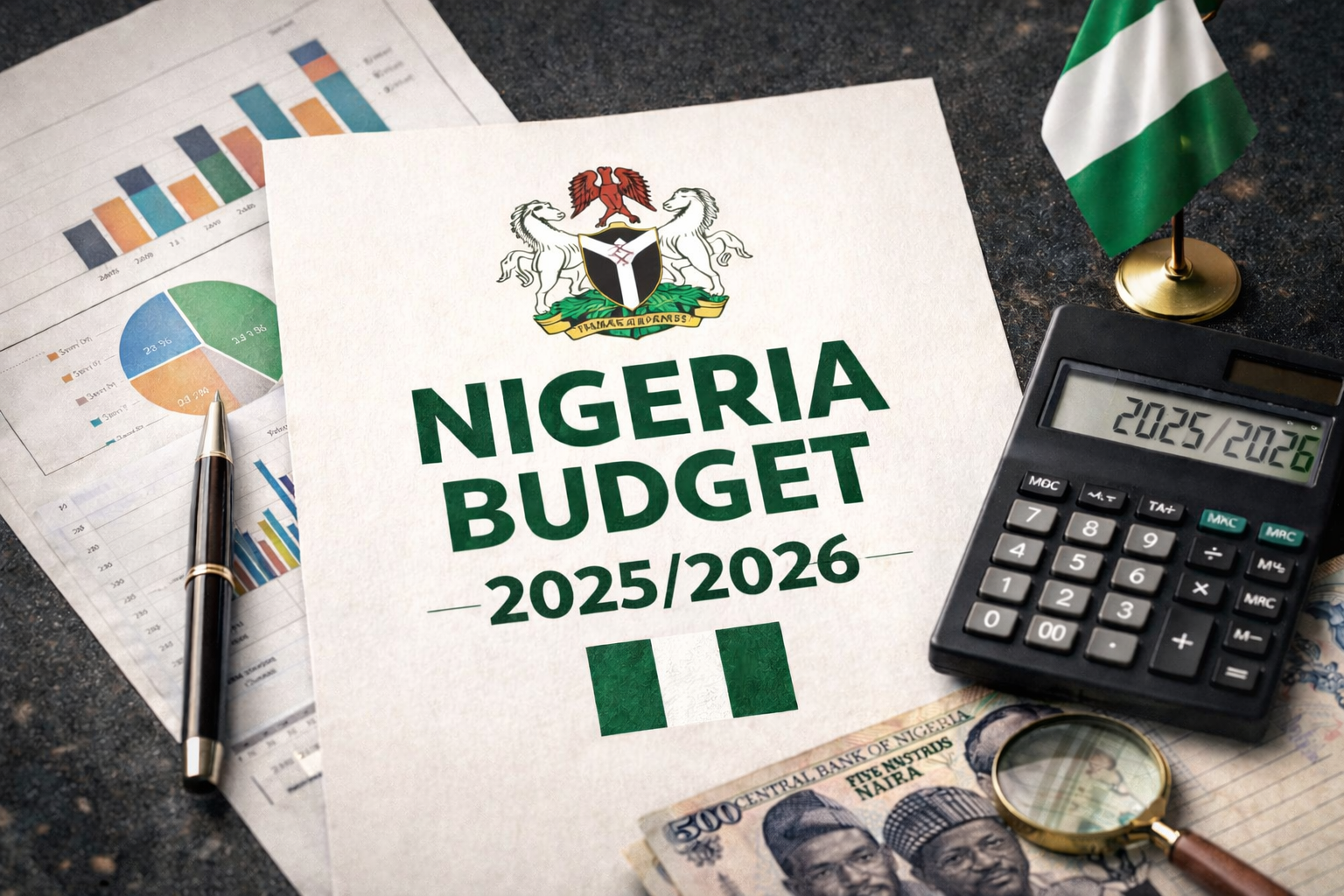Key Points
- Debt Servicing Dominates Revenue: In Q1 2024, debt servicing consumed 74% of Nigeria’s federal revenue, totalling N1.31 trillion out of N1.76 trillion retained revenue.
- Fiscal Challenges: Despite a reduction in fiscal deficit and overall expenditures, the high debt service burden underscores ongoing financial strain and fiscal challenges.
- Comparison to Expenditures: Debt servicing accounted for 29% of total government expenditures in Q1 2024.
Debt servicing consumed 74 per cent of the Nigerian federal government’s retained revenue in the first quarter of 2024, according to the latest quarterly statistical bulletin from the Central Bank of Nigeria (CBN).
The federal government retained N1.76 trillion in revenue, with N1.31 trillion allocated to debt servicing, reflecting a significant financial strain due to substantial debt obligations.
Comparative Expenditure Analysis
While debt servicing took up 74 per cent of revenue, it accounted for 29 per cent of total government expenditures for Q1 2024. Retained revenue increased by 33.8 per cent compared to N1.32 trillion in Q1 2023, and government expenditures decreased by 12.9 per cent from N5.28 trillion to N4.59 trillion.
Also Read: Nigerian govts shared N2.19 trillion of federal allocation in May 2024 – NBS
Additionally, the fiscal deficit reduced by 29 per cent from N3.96 trillion in Q1 2023 to N2.83 trillion in Q1 2024. Despite a 33.5 per cent decrease in debt servicing costs from N1.97 trillion in Q1 2023, the high debt service-to-revenue ratio underscores the challenge of sustainable debt management, diverting substantial resources from development projects.
Impact on Personnel and Capital Expenditures
Debt servicing outpaced spending on personnel costs and capital expenditures. Personnel costs rose by 17.1 per cent to N1.15 trillion in Q1 2024, up from N978.11 billion in Q1 2023.
However, capital expenditure dropped by 35.9 per cent to N1.15 trillion from N1.8 trillion in the same period. This reduction in capital expenditure raises concerns about decreased investments in infrastructure and long-term development projects, which are crucial for economic growth and development. Sustained reductions in capital spending could hinder progress and affect the overall economic health of the nation.
Broader Financial Context
Nigeria spent N7.8 trillion on debt servicing in 2023, a 121 per cent increase from N3.52 trillion the previous year.
In Q1 2024, Nigeria spent $1.12 billion on foreign debt service payments, highlighting the growing burden of external debt on national finances.
Debt service payments have been steadily rising, with a 39.7 per cent increase from $801.36 million in Q1 2023 to $1.12 billion in Q1 2024. Between January and March 2024, 70 per cent of Nigeria’s dollar payments went toward servicing external debts, reflecting a substantial increase from 49 per cent in Q1 2023.
International and Domestic Concerns
The World Bank expressed deep concern over escalating debt service costs burdening developing countries. Indermit Gill, the World Bank’s Chief Economist, warned of potential widespread financial crises without immediate and coordinated actions, according to Nairametrics.
The high debt service-to-revenue ratio highlights ongoing fiscal challenges and the urgent need for strategic economic reforms to enhance revenue generation and reduce dependency on borrowed funds.
The growing debt burden limits the government’s ability to fund critical development projects and public services, posing significant challenges to sustainable economic growth and stability.
Escalating Public Debt
The Debt Management Office (DMO) of Nigeria recently announced a significant increase in the nation’s total public debt, which reached N121.67 trillion (approximately $91.46 billion) as of March 31, 2024. This figure includes the combined domestic and external debts of the Federal Government of Nigeria (FGN), the thirty-six state governments, and the Federal Capital Territory (FCT).
Compared to N97.34 trillion (approximately $108.23 billion) as of December 31, 2023, this represents a substantial increase of N24.33 trillion or 24.99 per cent within three months, driven largely by naira devaluation, despite a reduction in dollar terms by $16.77 billion or 18.34 per cent.


























